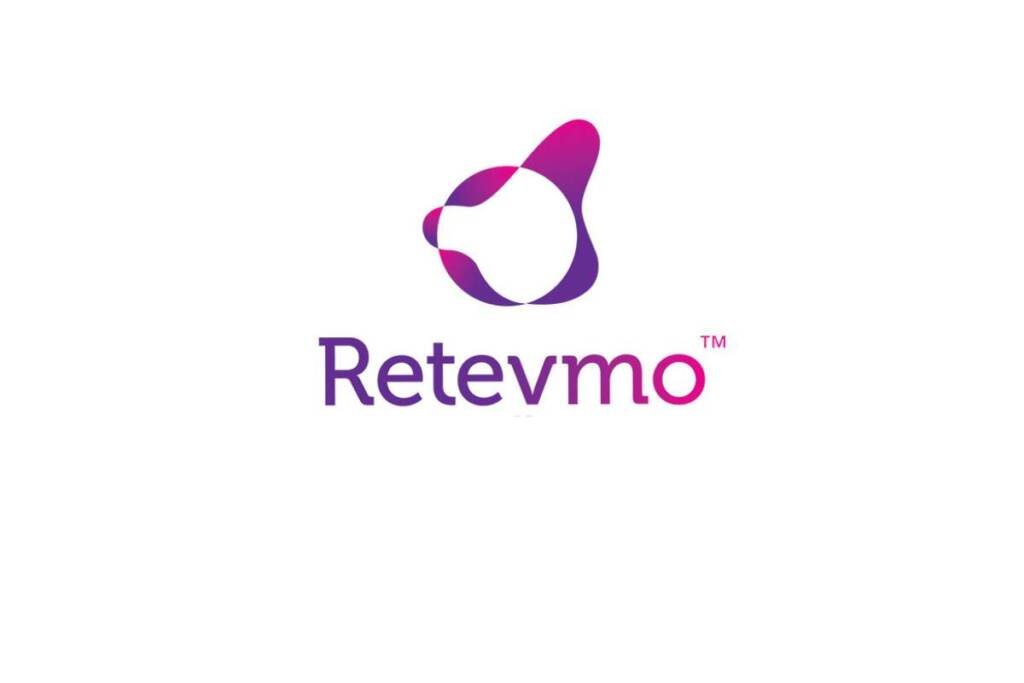Source – Eli Lilly
In the ongoing rivalry between Eli Lilly and Blueprint Medicines over their RET inhibitors, Eli Lilly has gained a significant advantage, while Blueprint Medicines faces challenges with Roche abandoning its support. Recently, Eli Lilly announced that its Phase III trial for Retevmo, as an initial treatment for RET fusion-positive advanced non-small cell lung cancer (NSCLC), met its primary endpoint. The trial demonstrated that Retevmo outperformed chemotherapy, with or without Merck’s PD-1 inhibitor Keytruda, in slowing disease progression or death. The positive results were statistically significant and clinically meaningful, making it the first randomized study to compare a targeted therapy against a PD-1 inhibitor plus chemotherapy in cancer patients with a specific biomarker.
While EGFR inhibitors like AstraZeneca’s Tagrisso and ALK inhibitors such as Pfizer’s Lorbrena are the standard first-line treatments for biomarker-driven NSCLC cases, RET fusions are less common, occurring in only 1% to 2% of NSCLC patients. The positive outcome of the Retevmo trial puts pressure on Blueprint Medicines’ Gavreto, which already lags behind in sales and approvals. In 2022, Gavreto generated only 26 million Swiss francs, whereas Retevmo recorded $192 million in sales.
“The LIBRETTO-431 trial aims to answer an important question about the selection of initial treatment for people with advanced RET fusion-positive NSCLC and these results suggest Retevmo should be considered a first-line standard of care. Additionally, this clinically meaningful achievement of improved outcomes underscores the importance of timely and comprehensive genomic testing to inform initial treatment decisions for all patients with NSCLC. The results of this study provide further confirmation that RET status – like EGFR, ALK, and others in the family of lung cancer oncogenic drivers – should be known prior to initiating therapy. We look forward to sharing these data in more detail with the oncology community.”
– David Hyman, M.D., chief medical officer, Loxo@Lilly
Blueprint Medicines’ troubles escalated when Roche decided to return Gavreto to the company earlier this year, incurring substantial impairment charges. Additionally, Roche withdrew Gavreto from the treatment of RET-mutant medullary thyroid cancer due to an unfeasible Phase III trial. On the other hand, Lilly is continuing with its Phase III trial (LIBRETTO-531) to confirm Retevmo’s accelerated approval in that indication.
While both drugs are approved for RET fusion-positive NSCLC and thyroid cancer, Lilly successfully converted Retevmo’s accelerated approval in NSCLC into a full approval and added a tumor-agnostic indication for RET fusion-driven solid tumors. Gavreto is still awaiting data from a larger patient pool to upgrade its accelerated approval in NSCLC.
To stay competitive, Blueprint Medicines is running its own Phase III trial for Gavreto (AcceleRET-Lung) in first-line NSCLC, comparing it against chemotherapy with or without Keytruda in previously untreated patients.
Eli Lilly’s successful Phase III trial for Retevmo solidifies its position in the RET inhibitor race, while Blueprint Medicines faces the challenge of improving Gavreto’s performance and obtaining necessary approvals to keep up with its competitor.





























